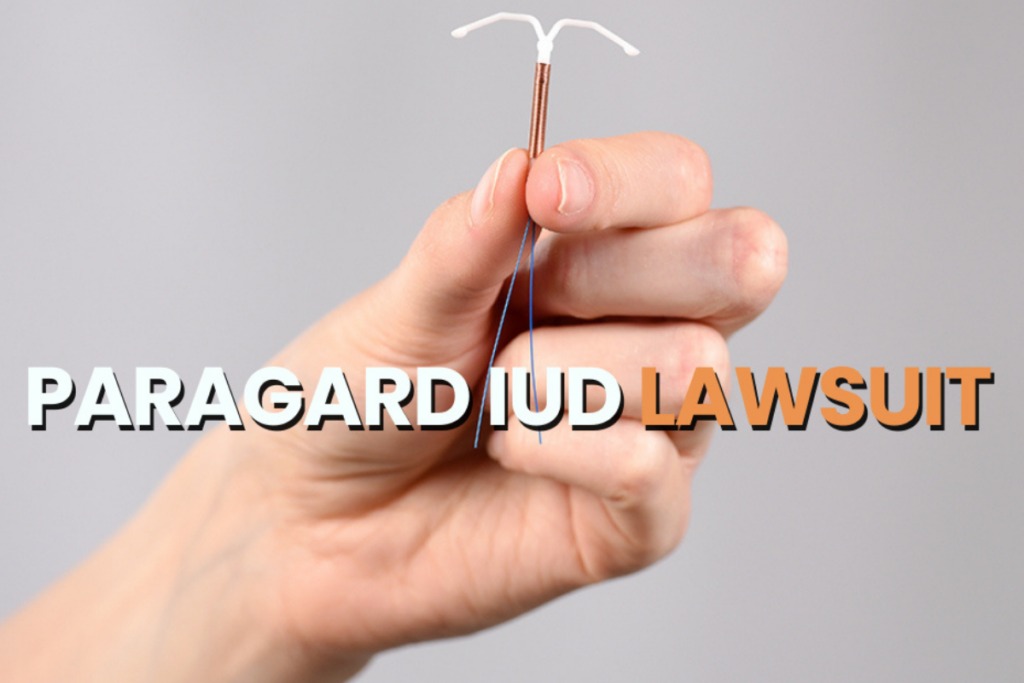When it comes to birth control, many women want something that’s safe, reliable, and long-lasting. The Paragard IUD promised exactly that. It was marketed as a hormone-free device that could prevent pregnancy for up to 10 years. For many, it seemed like the perfect option. But over time, serious concerns started to surface. Women began to report painful side effects and unexpected complications, especially during removal. That’s when the lawsuits started coming in.
If you or someone you know has used this device and experienced complications, it’s important to understand what’s going on. Some people have turned to attorneys experienced in Paragard IUD lawsuit cases to explore their legal options. Knowing the facts can help you make more informed decisions about your health and your rights.
What Exactly Is the Paragard IUD?
The Paragard IUD is a small T-shaped device made of plastic and wrapped with copper. Unlike other IUDs that release hormones, Paragard uses copper to prevent pregnancy. It’s inserted into the uterus by a healthcare provider and is supposed to stay there for up to 10 years.
Because it doesn’t use hormones, many women chose it to avoid side effects like mood changes or weight gain that can come with other types of birth control. Paragard was approved by the FDA in the 1980s and has been widely used ever since.
What Went Wrong?
While Paragard worked well for many users, others started experiencing serious issues, especially when it came time to remove the device. In some cases, the arms of the IUD broke off during removal. These broken pieces sometimes got stuck in the uterus, requiring surgery to remove them. Some women had to undergo painful procedures or even hysterectomies.
These complications weren’t just rare mistakes. More and more women began to report similar problems, leading to rising concerns that the device may not be as safe as originally thought.
Why Are There Lawsuits?
The lawsuits against Paragard claim that the manufacturer failed to properly warn users and doctors about the risks of the device breaking. Many women say they were not told this could happen and weren’t given enough information to make a fully informed decision.
The legal claims focus on a few key points:
- Product design: Some argue that the design itself makes the device more likely to break.
- Failure to warn: The company didn’t include clear warnings about the potential risks.
- Negligence: Lawsuits claim that the makers should have done more testing or changed the design to prevent these injuries.
Women who have experienced complications are seeking compensation for medical expenses, pain and suffering, and other damages.
What Symptoms or Issues Should Users Watch For?
If you currently have a Paragard IUD or had one removed, it’s important to stay alert for certain symptoms. These can include:
- Sharp pelvic pain
- Unusual bleeding
- Signs of infection
- Trouble during removal
- Broken device parts seen on ultrasound or X-ray
If you notice any of these issues, contact your doctor as soon as possible. Keeping track of your symptoms and medical records can be very helpful if you decide to take legal action later.
Should You Be Concerned?
If you’ve used Paragard without any problems, there may be no need to worry. But if you’ve had issues or are planning to get the device removed soon, it’s worth talking to your doctor about the risks. Staying informed is the first step to protecting your health.
Also, if you’ve experienced a painful or complicated removal, you might want to speak with a legal professional. Every case is different, and a lawyer can help you figure out if you may qualify for a claim.
Final Thoughts
Birth control should be something that gives you peace of mind, not added stress or fear. While Paragard has worked well for many, the growing number of lawsuits shows that not everyone had a smooth experience.
Whether you’re currently using Paragard, thinking about it, or dealing with complications, being informed is your best tool. Health choices are personal, but when companies fail to be fully transparent, it’s okay to speak up and ask for accountability.
Always listen to your body, ask questions, and don’t hesitate to seek help if something feels wrong. Your well-being matters — and you deserve answers.



